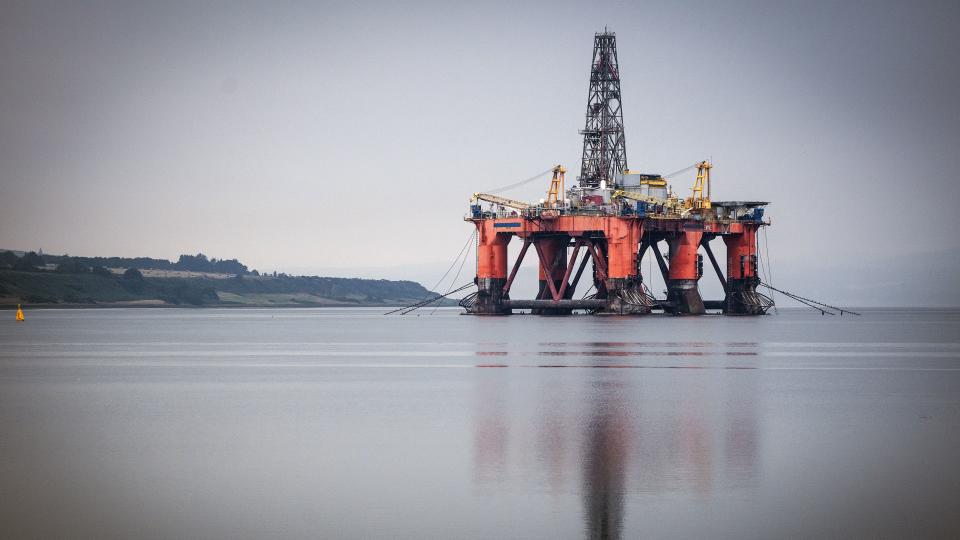Profits ‘all but wiped out’ by windfall tax, says oil giant Harbour Energy

The UK’s biggest oil and gas producer said it had seen a nearly eight-fold increase in its profit “all but wiped out” as the Government’s windfall tax on energy companies kicked in.
Harbour Energy said it would pay close to 1.5 billion dollars (£1.3 billion) due to the new rules, which were put in place last May amid surging energy prices.
As a result, and thanks to the company’s normal tax bill, Harbour’s pre-tax profit of 2.5 billion dollars (£2.1 billion) was reduced to eight million dollars (£6.7 million) after tax.
“The UK Energy Profits Levy, which applies irrespective of actual or realised commodity prices, has disproportionately impacted the UK-focused independent oil and gas companies that are critical for domestic energy security,” chief executive Linda Cook said.
“For Harbour, the UK’s largest oil and gas producer, it has all but wiped out our profit for the year.”
Harbour has said that it plans to cut both jobs and investment due to the windfall tax, despite a loophole in the tax which would have allowed it to write off much of any new investments in the North Sea.
But it did not stop Harbour from handing cash to its investors, clubbing through 600 million dollars (£504 million) in shareholder distributions in 2022.
The windfall tax – officially called the Energy Profit Levy – was introduced last year to ensure that oil and gas producers in the UK’s North Sea were not able to massively benefit from the war in Ukraine.
It has been less impactful for oil and gas giants BP and Shell because most of their production comes from outside the UK, so is not covered by the tax.
But Harbour Energy is largely focused on extracting oil and gas off British shores, so a much larger percentage of its profits were impacted by the levy.
Harbour said it had produced an average of 208,000 barrels of oil equivalent every day in 2022, up 19% from the year before. Extracting each barrel cost 13.90 dollars (£11.69), a reduction of 8.5%.
“In our first full year as a publicly listed company, Harbour delivered materially higher production which – together with improved margins – enabled us to continue to deleverage and make material shareholder distributions,” Ms Cook said.
“We further developed our net-zero strategy, setting ourselves an interim target, and built significant momentum in our flagship Viking CCS project. Most importantly, we achieved all of this while improving our safety record.”

 Yahoo Finance
Yahoo Finance 